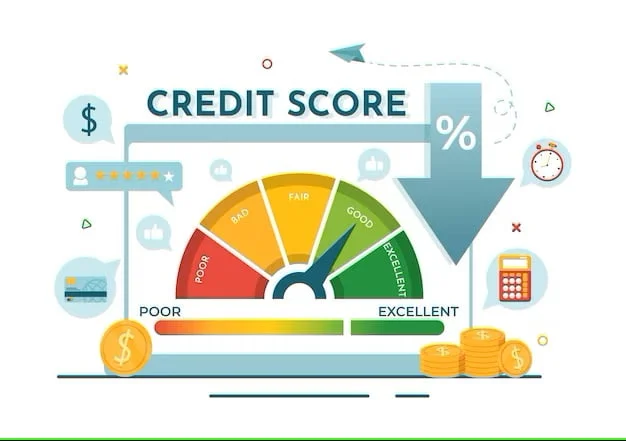Understanding Credit
Master Your Credit Score, Debt, and Credit Cards for a Healthier Financial Future
Credit plays a pivotal role in your financial well-being. From loan approvals to mortgage rates—even job and rental opportunities—your credit history impacts more than you may think. Learning how to manage your credit score, handle debt, and use credit cards wisely is essential to building lasting financial health.
What Is Credit and Why Does It Matter?
Credit is your ability to borrow money with the promise to repay it—usually with interest. Your credit history reflects how responsibly you’ve managed previous debts, and it directly affects:
-
Loan eligibility and interest rates
-
Credit card approvals
-
Housing applications
-
Employment opportunities
Demystifying Credit Scores
A credit score is a numerical summary of your creditworthiness. It’s calculated based on five key factors:
-
Payment History (35%) – Have you paid bills on time?
-
Amounts Owed (30%) – How much debt are you carrying compared to your available credit?
-
Length of Credit History (15%) – How long have your credit accounts been active?
-
New Credit (10%) – Have you recently applied for new credit?
-
Credit Mix (10%) – Do you have a variety of credit types (e.g., cards, loans, mortgages)?
Tips for Improving Your Credit Score
-
✅ Pay Bills On Time – The most important factor in your score.
-
✅ Keep Credit Utilization Below 30% – Use only a portion of your credit limit.
-
✅ Maintain Older Accounts – A longer credit history is a stronger one.
-
✅ Limit New Applications – Apply for new credit only when necessary.
Managing Debt Responsibly
A good credit score means little if you’re buried in unmanageable debt. Smart debt management can help you avoid financial strain:
-
Tackle High-Interest Debt First – Focus on the balances that cost you most.
-
Choose a Repayment Strategy – Try the snowball (smallest balance first) or avalanche (highest interest rate first) method.
-
⛔ Avoid Only Paying Minimums – Paying more than the minimum helps reduce debt faster and saves you money on interest.
Real-Life Example: Alex’s Story
“Alex” had a credit score of 580 due to late payments and maxed-out credit cards. After creating a budget, cutting back on card usage, and paying bills on time for one year, Alex raised their score to 700—opening the door to lower interest rates and better financial products.
Smart Credit Card Use
Credit cards are powerful tools when used wisely. Here’s how to avoid common pitfalls:
-
Understand the Terms – Know your interest rates, annual fees, and billing cycle.
-
Pay Balances in Full – Avoid interest charges by paying off your statement balance each month.
-
Track Spending – Stay aware of your purchases to prevent accidental debt buildup.
Helpful Tools & Resources
-
Free Credit Reports – Get yours annually at AnnualCreditReport.com
-
Educational Resources – Explore the Consumer Financial Protection Bureau (CFPB)
-
Debt Counseling Support – Visit NFCC.org for nonprofit credit counseling agencies
Local DMV Credit Support Resources
-
Financial Empowerment Center – DC
Free credit counseling and workshops. (Learn More) -
Virginia Cooperative Extension
Local workshops on credit and debt management. (Visit Here) -
Maryland CASH Campaign
Financial coaching and credit improvement resources. (Check Out Resources)
Start Taking Control of Your Credit Today
Mastering your credit score and debt management takes time, but each small step makes a big difference. By learning the rules of credit, using your cards wisely, and planning ahead, you’ll unlock access to greater financial opportunities and long-term stability.
Dr. Bertrand Fote, MD, MBA, CF²
Certified Financial Fiduciary, Financial Educator & Advocate for Financial Literacy

